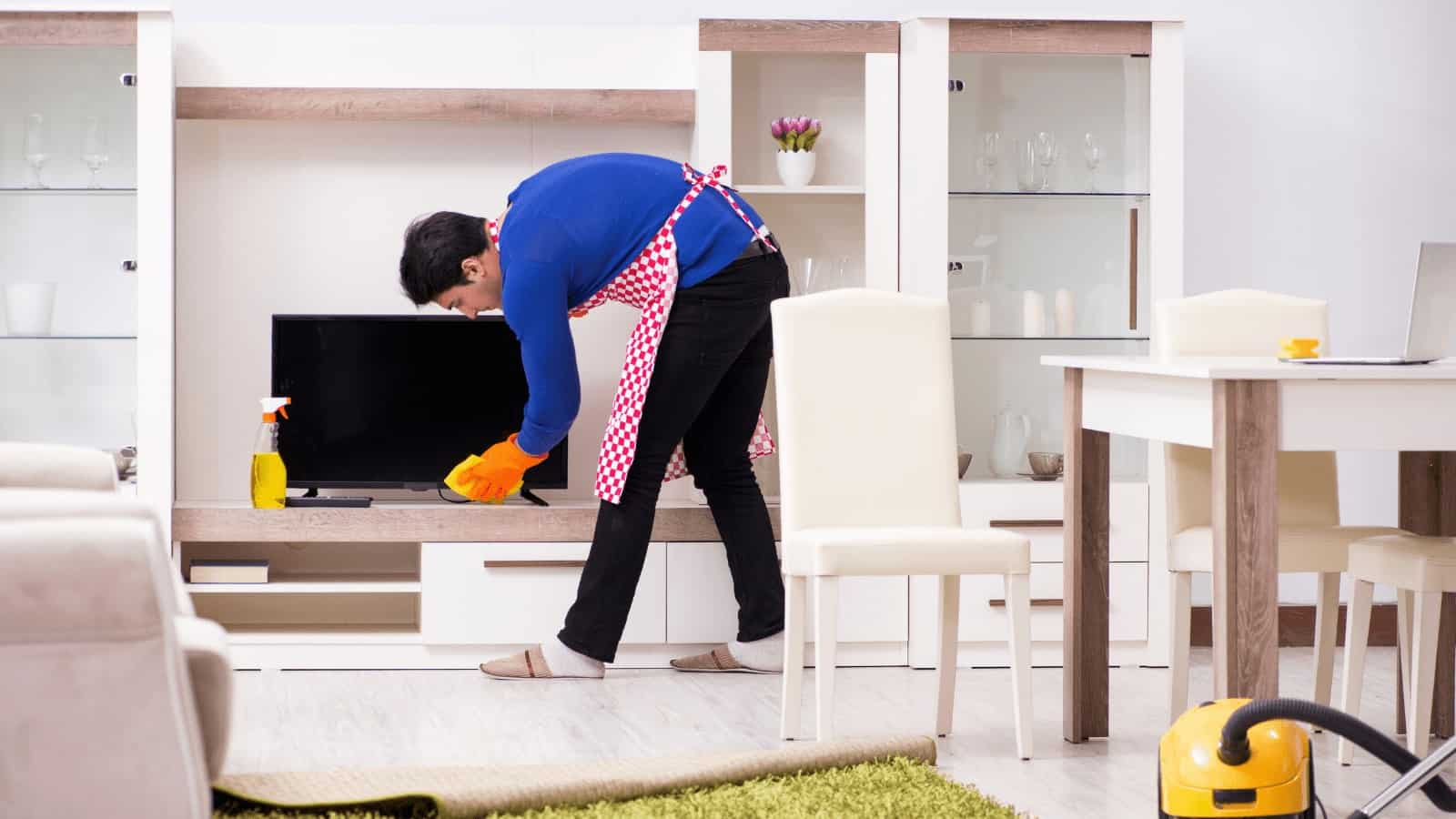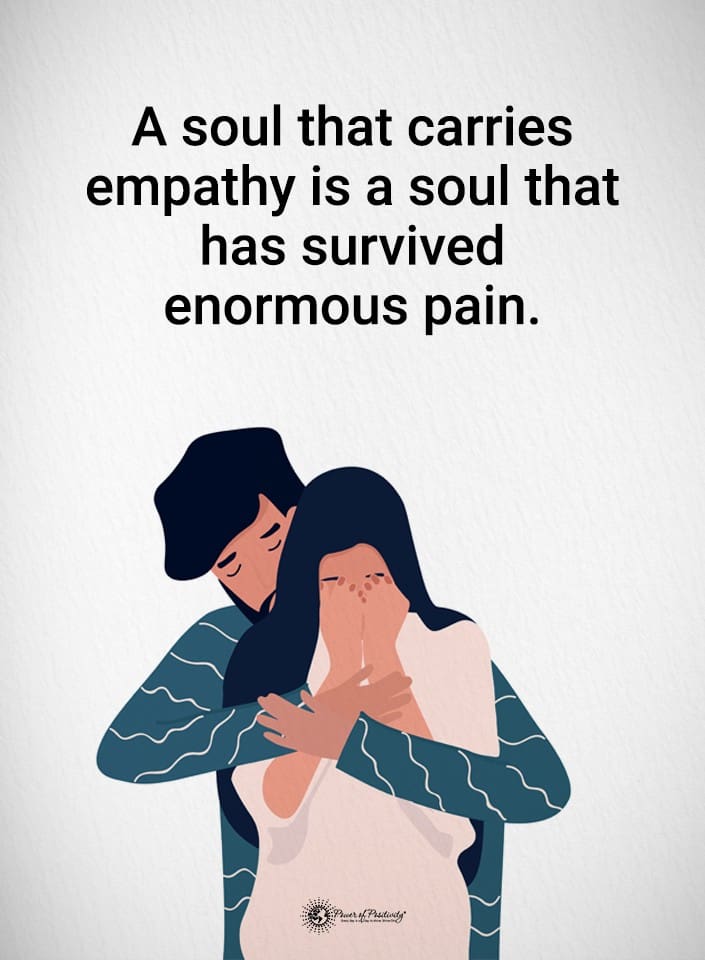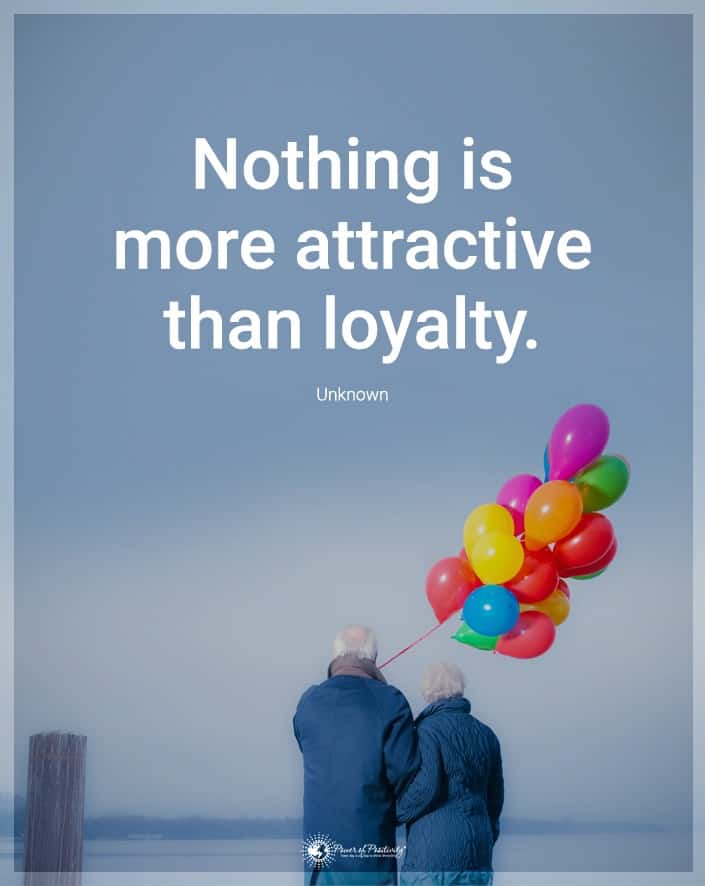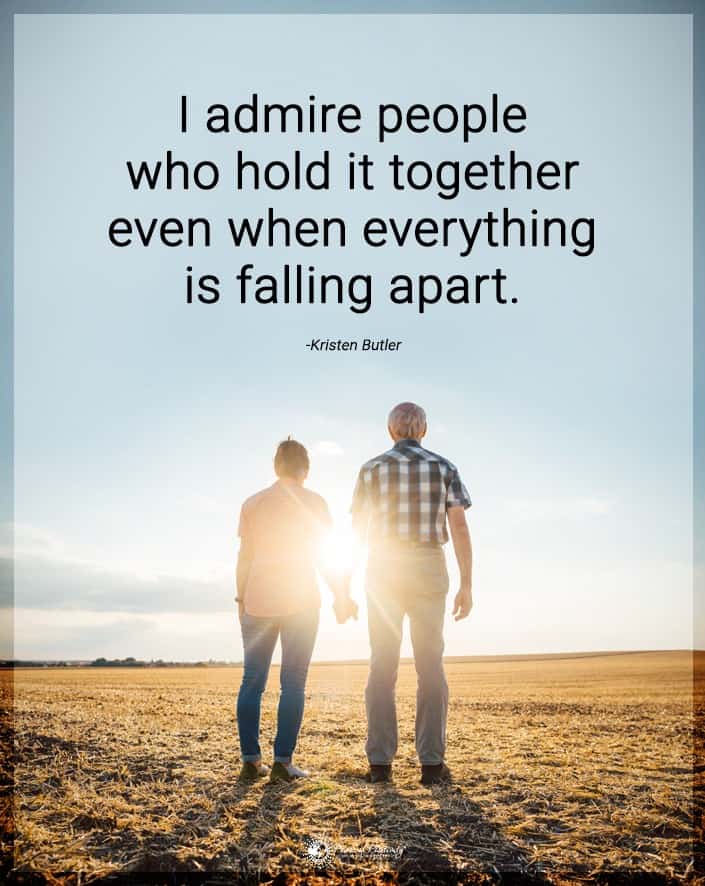Relationships involve the coming together of two different and separate individuals in a long-term loving or caring arrangement. This sounds like paradise, but there are times when relationships can take a turn for the worst due to unhealthy dynamics between partners. To share a life with someone, both parties have to be on equal footing. A lack of such equity can be damaging in the long run. Here is why it’s important that you and your partner should practice relationship equality.
1. It Allows You To Communicate Constructively
It’s fairly common knowledge that communication is the central keystone to a healthy and positive relationship. However, it’s easy to misunderstand this concept and believe that any form of verbal speech is sufficient for getting messages across in productive and effective ways.
Relationship equality involves give and take. In a situation of equality, no one partner’s words are more valued than the other’s. Both parties communicate, listen, and move forward on equal terms, which creates a more positive environment. Both parties seek only to communicate honestly and directly, with no hidden agenda, and with an active interest in understanding and respecting the other person. It’s easy, as such, to see why being equal in a relationship means that communication becomes more constructive.
One particular benefit of this is that it aids conflict management. Conflict necessitates the use of open and direct discussion and debate, which can quickly escalate where inequality is present. The ability to listen and communicate with respect is known to have more positive effects on relationships than factors like commitment, personality, stress levels, and temperament.
2. It Prioritizes Consent
In the age of third-wave feminism in its truest definition, which involves a goal towards total and complete equality for people of all genders, you’ve probably heard a fair bit about the importance of consent. In a healthy relationship, consent is something that is prized, respected, and never made dubious.
Many issues surrounding problematic views of consent and the withholding of consent have their roots in sexism, which is why equality for heterosexual partners is so crucial in maintaining proper consent.
Consider these facts:
- Women are, in some places of the world, considered to be actively inferior to their male partners, meaning their personal desires or boundaries are never considered, much less respected.
- There is a strong stigma against men who have had their ability to consent taken away from them, with implications that they should have “enjoyed” such interaction or that it is an “emasculating” experience.
- Common cultures include a belief that “no” doesn’t always mean “no”, but that it may mean things like “convince me” or “try again” or even “actually, yes”; this problem more commonly affects women but has been known to affect men, too.
- Gender roles often force a man to be the ultimate provider, caring for or agreeing to any and all the whims of their female partner, even at the cost of their happiness or even if they genuinely do not want to.
With all these thoughts in mind, equality in a relationship means that these forms of sexism do not play a significant role. Partners, regardless of gender, are given the free space they need to give, withdraw, and refuse consent at any point without the threat of ire from their significant other.
It is worth noting that these consent issues can also arise in any unequal relationship with negative power dynamics, where a partner with more power does not request consent from the partner with less power. This can occur in any relationship, regardless of gender.
3. It Prevents Financial Control
When one partner earns more than the other, relationship equality is necessary to prevent unhealthy and dangerous levels of financial control. This is a factor more so in long-term relationships that have already been ongoing for a significant amount of time as opposed to new relationships.
When you enter a fully committed relationship and are married or in a similar long-term agreement, an aspect of finances is typically shared. While it is true that individual partners may maintain their own separated funds, when there is significant income variance, a shared pool may involve percentage-calculated contributions. For example, both parties may contribute 50% of their earnings, which means the higher earner pays more technically. This allows both parties to fairly shoulder financial responsibility in a way that matches their capabilities.
Regardless of how you choose to handle finances in a relationship with unequal income, the fact remains that in unhealthy relationships, higher earners often assume financial control. This can make the other person feel trapped and rip agency away from them. They may not be consulted before large purchases are made and they may be unable to use funds for themselves in any way.
In an equal relationship, a higher-earning partner will still usually have to pay for more things. But this isn’t used as a mechanism for gaining power, nor is this used as a tool to guilt-trip the other person. There is no pressure for the person who doesn’t pay to “make it up” to their partner, and paying or not paying doesn’t have a larger effect on the dynamic of the people involved.
4. It Creates A Dynamic Of Respect
Equal relationships create respect. No one party is more valued or better treated than the other. This is, at its core, a form of respect. Equality means everyone is respected, validated, and listened to in a relationship with fairness, an open mind, support, and love.
Without respect, relationships cannot thrive. You have to respect your partner because it fosters understanding and interpersonal health. Respect means you understand that your partner is a separate being from you and accept and love them with all their quirks, flaws, opinions, and preferences.
Putting two different people with different ways of thinking, preferences, and personalities together can be challenging. Cohabiting a space and sharing lives in this manner cannot work unless both partners respect each other wholeheartedly. That means even if they don’t always understand their partner off the bat.
5. They Divide Chores Wisely
It’s the 21st century! It’s time to leave behind the idea that only one partner – usually a woman – must do all the household chores. Of course, dividing chores doesn’t necessarily mean an exact 50/50 split. Instead, it stems from equal relationship terms and means creating an environment of genuine equity.
For example:
- A partner with longer work hours will likely perform fewer chores at home.
- A partner who enjoys certain chores will likely perform those chores. Meanwhile, the other performs chores they personally like, and the remainder is split between them.
- Partners should not be above stepping in to help with the other party’s chores during extenuating or difficult circumstances.
- A partner who takes over childcare most of the time will likely perform fewer chores overall.
- A partner with a disability will likely perform fewer chores, or may perform all the least physically taxing ones.
- No partner should feel overburdened by their chore requirements and both should feel that the contributions are fairly even.
- Regular check-ins regarding chore schedules are a good idea to make sure everyone’s on the same page.
6. It Allows Both Parties To Make Decisions
A relationship is a combination of two people working together in their shared lives. No one person should get more say over the relationship than the other. The domination of one individual in decision-making means the other never gets their personal needs, desires, or feelings met.
An equal relationship involves both parties being given the privilege of decision-making. Partners discuss things with each other before making big decisions, and neither dismisses the other’s thoughts or preferences. This creates a welcoming environment where compromises can be made and everyone can come out happy!
7. It Maintains Affection
In most long-term relationships, the positive thinking, passion, and spark that comes from the first few dates begin to fade away after a while. This doesn’t mean that you stop loving each other, of course, but does mean that the initial heady infatuation doesn’t typically stick around for decades – even though there are outliers.
But here’s the thing: even those outliers only manage to maintain that affection with positive relationship dynamics of equality. This is because people have different levels of needs when it comes to comfort and affection. In an equal relationship, both parties want to take that into account and meet their partners’ needs, even if they vary from their own in terms of frequency, style, and amount.
8. It Fosters Honesty and Openness
Trust is central to any relationship, and you can’t build a happy or healthy one without it. In order for that trust to exist, partners must be open and honest with each other. They don’t have to fear their partner’s reaction or hide reality in order to keep the peace.
In an equal relationship, trust comes more easily, because all parties know that it is only human to make mistakes. Here are some ways that equality fosters honesty:
· No One Has To Pretend
Lots of people feel pressured to pretend to be someone that they aren’t. In an equal relationship, both parties are free to be themselves and grow and improve for their own sake. They are not shamed for who they are and don’t feel the need to hide their truth in any way.
· There Is No Need To Lie
In relationships, people may lie when they fear backlash or fear a negative and hurtful reaction from their partner. In an equal relationship, both partners know that they will be listened to, understood, and spoken to in a positive way, even if they’ve done something negative or need to break bad news. There is no need to lie because all parties feel welcome and accepted.
· They Accept and Allow for Differences of Opinions
In an equal relationship, it’s accepted and expected that both parties will have clashes of opinion. There’s nothing wrong with them, and equal partners want to hear about these differences. While it’s fair for certain serious opinions to be deal-breakers, equal relationships view clashes with positive thinking and try to work through them, or at least come to respectful disagreements.
Final Thoughts On Why You And Your Partner Should Practice Relationship Equality
Equality in a relationship is a bare minimum no-brainer. You and your partner should enjoy an equal partnership where you both feel catered to and like fair contributors. Don’t allow yourself to be treated as if you are less than your partner in any way!

















 Community
Community

